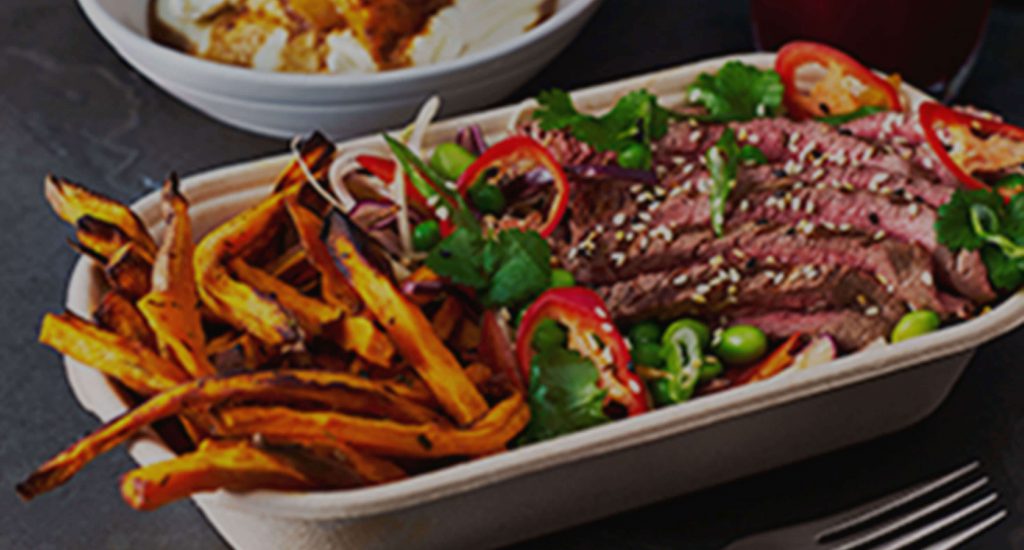Which supplements do you really need this Autumn?

Most people do not need to be taking supplements if they’re eating a healthy, balanced diet, aside from a select number of groups within the population who are usually advised to take certain ones e.g. folic acid for pregnant women.
Despite this, there are a couple of exceptions to the above and occasions where the general population may need a little extra help, namely in places like the UK in the Autumn / Winter months.
Spotlight on vitamin D (pardon the pun)!
Due to the shorter days and fewer hours of sunlight, vitamin D deficiency is becoming more common in the UK at this time of year. Recent reports suggest 1 in 5 adults are deficient.
Vitamin D is needed to help absorb calcium and phosphate from our diet. These nutrients are key for healthy bones, teeth and muscles. It also facilitates the release of serotonin – the happy hormone.
A diet lacking in vitamin D can lead to increased frequency of sickness, impaired wound healing, increased risk of bone fractures, muscular aches and pains, fatigue and tiredness, as well as detrimental effects on mood.
When your skin is exposed to sunlight, your body begins to produce vitamin D. It also occurs naturally in foods such as fatty fish, egg yolk, cheese and mushrooms.
Tracking your vitamin D intake is pretty tricky and so I would suggest a combination of the following to get your daily vitamin D boost:
1. Aim to include plenty of vitamin D rich foods in your diet
2. Get yourself out over the weekend or even during your lunch break for a wander and make the most of the (limited) winter sunshine
3. Add a supplement in to give you a little added boost during the autumn / winter months.
Note, supplements (like vit D) have a time and a place, but are not vital for all. They should not be used as a base for the diet and should always be considered a supplement not a substitute for food. Opting for whole food sources not only provides you with the desired vitamins and minerals, but also other beneficial nutrients such as carotenoids, antioxidants and flavonoids that often aren’t in supplements.
Photo by Jessica To’oto’o on Unsplash
- Build your best salad! - April 29, 2019
- Does Christmas really ruin your health goals? - December 19, 2018
- What is Chrononutrition? - December 5, 2018